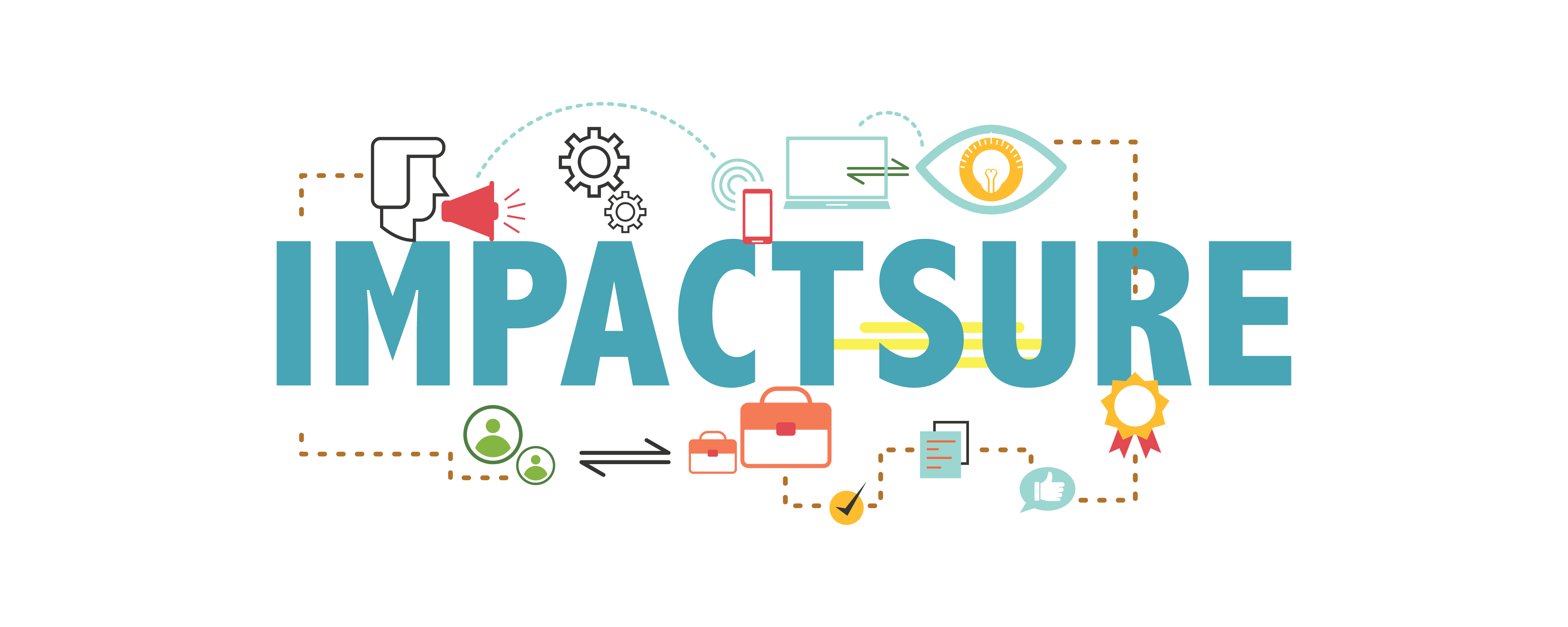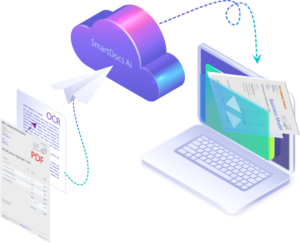Global and Regional Trends in Trade Finance
As the World Trade Organization (WTO) says, “Finance is the lubricant of commerce.”
According to the WTO, 80% to 90% of world trade relies on trade credit, insurance and guarantees.
Globally, the International Chamber of Commerce (ICC) projects world trade flows to grow to US$ 24 Trillion by 2026, with Asia-Pacific, Middle East and Europe leading the way.
While the effects of BREXIT are impacting GB-EU trade, financial institutions and businesses are coming to terms with the increased paperwork and costs in complying with the changing regulations.
In the ASEAN region, the trade finance market was valued at about US$ 3.7 billion in 2020 and is forecast to reach US$ 5.7 billion by 2026. Growth is expected to come from new trade routes, technology, economic recovery, increase in the number of Small and Medium Enterprises, and non-tariff measures in ASEAN. Singapore, Indonesia, Thailand, Malaysia, the Philippines and Vietnam are expected to be the biggest contributors to the growth in ASEAN.
Global trade finance is inherently dynamic and finds itself in the midst of digital transformation. The time is right for all the parties involved in global trade to accept this changing reality and adopt technology to ensure that trade flows are smooth.
Key Challenges in Processing Trade Finance Transactions
With technological enhancements, changes in corporate behavior, regulatory reforms and increasing market competition, banks are adopting automation in their processes.
The key challenges that institutions are trying to solve are-
- Labour Intensive Processes
- Paper Based Documentation
- Regulatory Risks
Labour Intensive Processes
Trade finance has historically been a complex business. It involves processes that are highly focused on documentation and checking them manually.
Industry experts say that there are about 4 billion pages of documents that are in circulation in documentary trade alone.
The sheer number and complexity of processing these documents manually results in long transaction turnaround times and high error rates.
Bankers say that it takes anywhere between 1 hour to a few days to manually create, edit, review and approve these documents depending on the complexity of the transaction and the expertise of the employees involved.
It is crucial that the bank, buyer and seller inspect the documents carefully and check for errors and mistakes that may end up in delays, further costs, or deferred payment.
Paper Based Documentation
Corporate banking, especially trade finance, still relies heavily on paper-based documentation and manual processing. This leads to inefficiencies and risks resulting in higher costs.
- There are multiple documents involved in trade transactions prescribed by national and international regulatory bodies. Some of these are:
- Commercial transaction related documents – Offers and quotations, orders, pro-forma invoices, and despatch advices
- Payment related documents– Commercial invoices, collection payment advices, documentary credit applications, applications of bankers’ draft and bankers’ guarantee
- Transport and related services documents – Transport contracts (bills of lading, consignment notes), cargo freight manifests, freight invoices, arrival notices, insurance policies and warehouse receipts.
- Official control documents – Goods declarations, Sanitary and Phytosanitary (SPS) certificates, control and inspection certificates, and dangerous goods declarations.
The legal charges and time incurred by banks to reclaim the pending dues and charges arising out of non-performance by errant clients is substantial.
Regulatory Risks
- Banks and companies have to follow international and domestic regulations and guidelines.
- Some examples of the international guidelines are –
- Uniform Customs and Practice for Documentary Credits (UCP 600) and e-UCP
- Uniform Rules for Demand Guarantees (URDG 758)
- International Standard Banking Practice (ISBP)
- Uniform Rules for Bank-to-Bank Reimbursements under Documentary Credits (URR 725)
- Financial Action Task Force (FATF) guidelines on Anti Money Laundering (AML) and Politically Exposed Persons (PEP)
- Foreign Account Tax Compliance Act (FATCA)
- International Organization for Standardization (ISO)
- SWIFT Messaging Standards
- International Commercial Terms (INCOTERMS 2020)
- Some examples of country specific regulations that have to be adhered to are-
- Agricultural products: Specific certifications for agricultural products from both exporting and destination countries
- Recycling laws: Most countries have packaging and recycling laws that affect shipments
- European CE Marking and Certification: CE marking is the manufacturer’s declaration that the product meets EU standards for health, safety, and environmental protection
- China Compulsory Certification (CCC) and China Quality Certification (CQC): Manufacturers of products have to obtain approval before their products can be marketed, imported, or used for any commercial purposes in China
- Labelling laws: Certain imported goods that are to be sold in Indonesia must be labelled in Bahasa Indonesia. These requirements are specified in Schedule to Minister of Trade Regulation No. 25 of 2021 on the Stipulation of Goods Obligated to Use or Compete with Labelling in Bahasa Indonesia
- Foreign Exchange Management Act (FEMA), India: This Act provides guidelines for the free flow of foreign exchange in India
Compliance challenges and risks of non-compliance that arise out of regulatory requirements and reporting in Trade Finance need to be followed continuously.
Managing Complex Trade Finance Documentation with Artificial Intelligence
Banks can use AI – powered tools to become more productive by removing repetitive tasks from many of their regular manual operations that use documentation. Using automated processes for risk management and compliance protects banks from risk and from human error in manual processes.
AI based tools can extract data from Trade Finance documents and mitigate compliance risks with audit logs.
Using our proprietary AI engine, we offer solutions to identify, classify, recommend, match and trigger exceptions based on all the documents required in Trade Finance transactions.
SureMatch – AI-Powered Products for Trade Finance
SureMatch is an AI tool that helps banks deploy trade finance product offerings faster at lower costs to exceed customer expectations, comply with regulatory requirements and manage risks. SureMatch has out of the box capabilities to enable the following trade finance instruments:
| Letters of Credit | Bank Guarantees | Collections | Remittances |

Business Benefits
- Up to 20% reduction in compliance costs as a result of clear understanding and interpretation of onerous clauses
- 65% reduction in processing time results in experts being able to spend more time to vet other complex documents thoroughly
- Self- serve configuration of multiple parameters for matching increases the accuracy of bank staff in selecting cases and contracts based on precedence
- Up to 95% confidence in the algorithms results in having a focused set of documents and problem cases to manually verify as a result of better exception handling.
SureMatch helps bankers manage and extract contextually relevant data from massive repositories of bank guarantee applications, Letters of Credit, loan documents, property documents, and all other trade-related documents.
Bankers can make quick, insightful decisions based on previously vetted documents with accuracy and confidence. This reduces the time taken to process documentation from hours to less than 10 minutes.

IMPACT Features
SureMatch is built for banks and Non-Banking Finance Companies providing trade finance services.
SureMatch provides a self-service customer portal that can be given by banks to their corporate customers. Customers can initiate requests on their own and create documents based on pre-vetted templates to save time in applying for credit from their banks.
| IMPACT Features | Benefits |
| Insightful AI | AI engine trained with 75,000+ documents including Bank Guarantees, Letters of Credit, Invoices, Agreements, Purchase and Sale Deeds, Legal Contracts, Bills of Lading, Shipping Documents, Manifests, Customer Request Letters, SWIFT Messages, Bills of Exchange, Bills of Entry, Certificates, Insurance, Packing Lists, Bank Formats, Regulatory Guidelines and Rules and several kinds of supporting documentsContextual language search from selected repositories enables quick document and clause management within 30 seconds Reads and handles all types of data including handwritten documents (block and cursive), stamps, image recognition, IDs, signatures and file formatsTrain the AI by simply dragging and dropping new documents, templates, images and files in different formats with 1 click. |
| Multi-role | Multi-institutional: Suitable for Banks, NBFCs and as a self-serve portal for large corporates Multi-country and multi-region: Easily deployable across global branches with localization for specific countries, regions and branchesMulti-lingual: Easily trainable to read and process documents in multiple languages- English, Hindi, Bahasa Indonesia, Arabic and many more |
| Process-centric | Neural Network based Data Extraction for high performance and accuracyAI based Clause Classification engine to identify specific clause types and onerous clausesConsistent checks across documents MIS data reporting and full audit trail |
| Authentication | Native security features, related to both infrastructure and product layers- ISO 27001 certified, AES 256 enabledRole-based access allows users to perform roles as Administrator, Maker and CheckerHierarchical role-based access allows users to use online collaboration toolsDrill-down capabilities to view business and operational data at various levels- regional, transaction, document and branch level |
| Compliance | Automated checks with over 250,000 permutations including UCP, e-UCP, URDG, FATCA (AML,PEP), ISO, INCOTERMS, SWIFT requirements AI engine identifies and shows exceptions after comparing with previous case documents with 95% confidence level Configurable Business Rules for data contextualizationAI Classification engine pre-trained for multiple Bank Guarantees and Letters of CreditSupervised AI learning capabilities allows authorized expert users to train the AI system with new compliance requirements to improve accuracy further |
| Technology | Deep Learning, Natural Language Processing (NLP), Machine Vision and Machine Learning (ML) are used to process, classify, extract, and validate all data types Proven capabilities to integrate with core banking systems from leading vendors API based integration for workflow engine (data + files), master data, user management; tight integration into any system via REST APISWIFT ready and JSON output format availableCloud native and on-premise deployment options |
Teachable AI Tools
SureMatch is a teachable AI tool that you can train with 1 click.
Drag and Drop new documents, images, scanned documents and any other printed material. SureMatch’s advanced algorithm learns and updates itself to deliver contextual and meaningful results.

Sample Document- Bank Guarantee
Confidently Create, Review, Compare, Edit and Verify documents that are compliant with complex regulations using the power of SureMatch’s advanced AI.
SureMatch performs an in-depth analysis of documents and guides users to specific clauses and sections of the document under review.

In this sample, SureMatch identifies clauses in a bank guarantee and compares them to pre-vetted clauses. The sample shows clauses related to Interest, Recourse, Extend or Pay and Foreign Currency.
Sample Screenshot- Analysis of Letters of Credit and Remittances
Bankers can easily analyze and scrutinize LCs and remittance documents for Uniform Customs and Practice for Documentary Credits (UCP 600), e-UCP and all other regulatory requirements.
The tool displays the availability of documents and provides insights into the discrepancies found in the documents.

In this sample, SureMatch identifies the discrepancies in insurance, certificate of weight, certificate of no war, differences in bank addresses, certificate of origin, freight certificates and more.
Summary
The growing volume, variety, velocity and value of data cannot be ignored. Banks that invest in technologies and tools that automate document processing in trade finance will save money by reducing operational and compliance costs.
AI solutions help to double-check work and avoid small errors which are overlooked. These errors can have major repercussions in terms of penalties or even loss of licenses.
AI is best used to augment the capabilities of humans and not replace them. A well-trained AI solution will drive consistent, auditable, and accurate decisions and help banks transform their trade finance portfolios.
IMPACTSURE TECHNOLOGIES PRIVATE LIMITED
A 207, Eastern Business District,
LBS Road, Bhandup W,
Mumbai, Maharashtra 400078,
INDIA.
Phone: +91 22 4961 0978 | Email: sureask@impactsure.com | Web: www.impactsure.com
Disclaimer: This report has been published for information and illustrative purposes only and is not intended to serve as advice of any nature whatsoever. This report also contains information available in the public domain, created and maintained by private and public organizations.





